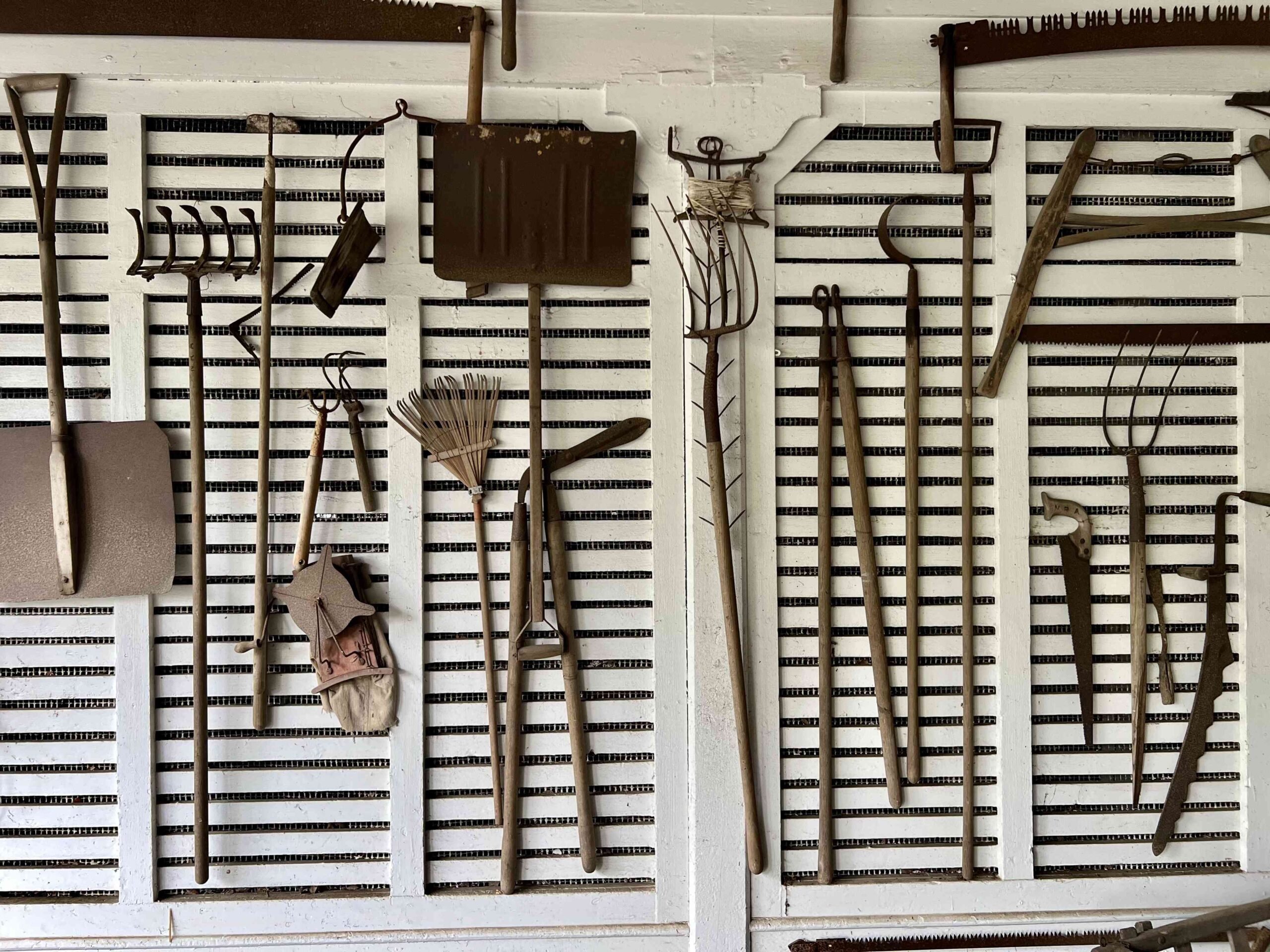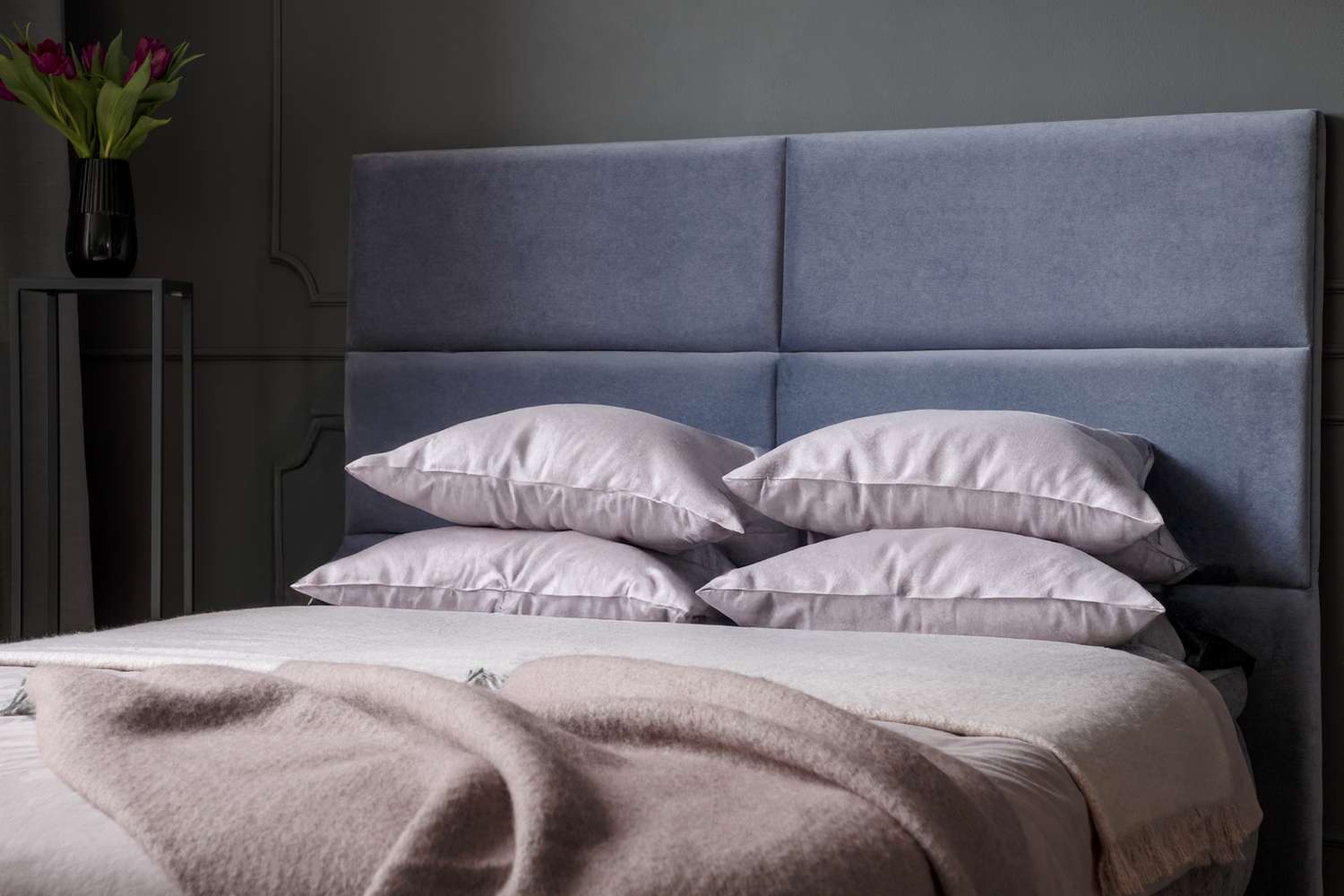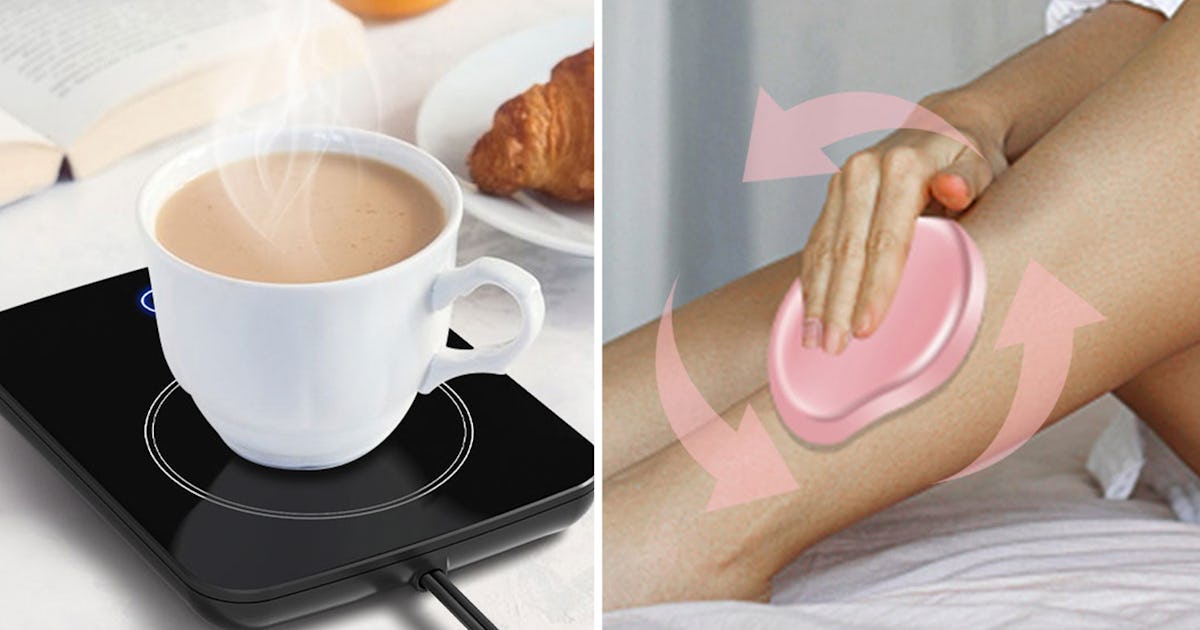
5 Garden Tools You Should Throw Away for a Tidier Shed This Spring, Organizers Say
- Look through your gardening equipment and get rid of any that are rusty, missing parts, or broken altogether.
- Make room for new decor by discarding old styles you no longer like.
- Be mindful of any paint or chemical supplies since they can easily expire or be hazardous outdoors.
Is your shed absolutely bursting at the seams? With spring now in full swing, it’s a great time to go through your shed in search of gardening tools (and other items) that you can part ways with to free up some valuable storage space.
Not sure what to keep versus toss? Below, three professional organizing experts share their insights on common shed items that many people find themselves holding onto for years on end but really should have gotten rid of a long time ago.
Gardening Equipment That Is in Poor Shape
ATU Images / Getty Images
Your gardening tools won’t last forever, and you’re wise to do a clean out of any supplies that you no longer consider to be useful, Ashley La Fond, founder of home organization company Of Space & Mind, says. She recommends parting ways with things like old tools, rusty shovels, and rakes that no longer have handles.
“Not only do these old items take up space for the tools you actually use, they are also not effective or efficient at their jobs anymore,” she says. “Upgrade your tools and save yourself time and energy.”
Jennifer Johnson, the founder of The Orderly Space, highlights a few other items to say goodbye to as you clean out your shed. Have wooden tools with a cracked or splintered handle? Get rid of it, Johnson urges, noting that such pieces pose a safety risk.
“If the handle is compromised and can’t be securely repaired, it’s best to let it go,” Johnson says.
Finally, get rid of any dull or rusted pruners as well, Johnson adds.
“If pruners aren’t making clean cuts, they’re causing more harm than good by damaging plant stems and making trimming harder on your hands,” she says.
Want more cleaning and organizing tips? Sign up for our free daily newsletter for the latest hacks, expert advice, and more!
Broken Tools and Equipment
In addition to holding onto subpar equipment, many people are guilty of keeping equipment that doesn’t work at all. Even if you swore you would fix that broken lawnmower, weed eater, or trimmer one day, the reality is that you haven’t, and holding onto these items (which Kris Hargrove, the founder of Organized by Kris, frequently encounters in her work) isn’t serving you well.
Hargrove explains how broken tools just take up space, so it’s best to let someone else fix them up by placing them on your curb for free and reclaiming valuable garage space.
Decor and Furniture That Is Dated or in Poor Condition
Your style changes with time, and the decor and furniture you bought for your backyard a few years ago may no longer appeal to you—or may be in less than good condition, La Fond explains. She encourages people to say goodbye to old furniture, rusty benches, and broken pots to make room for new accents.
“This will help you free up valuable space and give you better access to the items you are using, making it easier to pull out and use or store items as the weather changes,” La Fond says.
Lawn Aerator Shoes
welcomia / Getty Images
Hargrove comes across lawn aerator shoes during some of her shed cleanouts and notices that oftentimes, these are not used all too frequently and are simply taking up space.
“It seemed like a good idea at the time, but chances are you tried them once, didn’t finish the entire yard, and ended up with sore legs for days,” she says. “It’s time to let those go.”
Chemicals, Like Paint and Cleaning Products
Roger Mechan / Getty Images
Perhaps you’ve started to use your shed for more than just gardening tools. Be mindful, though, that even if you’ve placed paint and cleaning products inside of the shed, this isn’t a wise place to be storing such items in the long run, La Fond notes.
“Just like anything else, they have an expiration date, and if they aren’t temperature controlled, they are likely not useful anyways,” she says, explaining that high temperatures will affect paint’s functionality.










